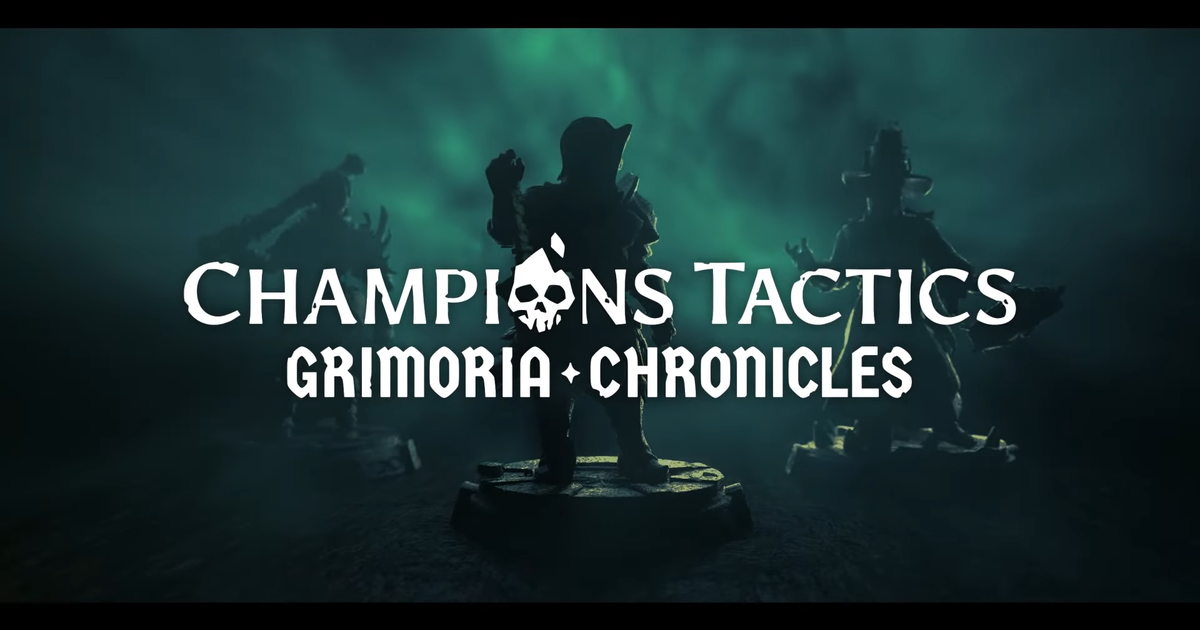Ubisoft has announced its first ever Web3 game, Champions Tactics: Grimoria Chronicles, which will launch on the Oasys blockchain.
Oasys is a blockchain which was established in February 2022 and is backed by multiple companies, including Bandai Namco, Sega, Ubisoft, and Square Enix. It is marketed as a specialist blockchain for games.
Ubisoft describes Champions Tactics: Grimoria Chronicles is a “PvP tactical RPG experimental game” and is currently in development for PC. You can take a look at a trailer below: https://www.youtube.com/watch?v=sKPixIolnYw
Ubisoft hasn’t fared well in its previous attempts with blockchain. Its NFT plaform Quartz was criticised by French trade union Solidaires Informatique, which represented Ubisoft Paris employees. Following this, those in charge at Ubisoft said players “don’t get it”, whilst giving away special Ghost Recon Breakpoint NFTs to the game’s developers to thank them for their efforts, rather than monetary compensation.
In September, Ubisoft CEO Yves told Eurogamer the company was continuing to look at “all the Web3 capabilities”, despite a lack of success with Ubisoft Quartz and internal pushback from staff.
Other gaming companies which are validators for Oasys have also been involved with NFTs, blockchain, or Web3 previously. Square Enix announced Symbiogenesis, which it touted as a “unique experience” in a “virtual (turn-based) adventure”, earlier this year. The company also sold Final Fantasy 7 NFTs as part of the game’s 25th anniversary celebrations.
At the beginning of 2022, it was also revealed that Sega had filed trademarks for two projects called Sega Classics NFT Collection and Sega NFT. Sega CEO Haruki Satomi said the company “would like to try out various experiments” with regards to NFTs and play-to-earn, though it would be guided by “what will be accepted and what will not be by the users”.



The only. single. sole. use I can think of would be if you had distributed, self-hosted multiplayer servers, and wanted a way to keep/port your items across them.
So if your friend A is running a gameserver, and you find a super rare item, if it can be verified as attached to your account you could go to friend B’s server and have it be trusted that you do in fact have that item.
The thing is, this doesn’t actually happen. No one is building distributed video games like that, least of all the companies who are actually using this crap.